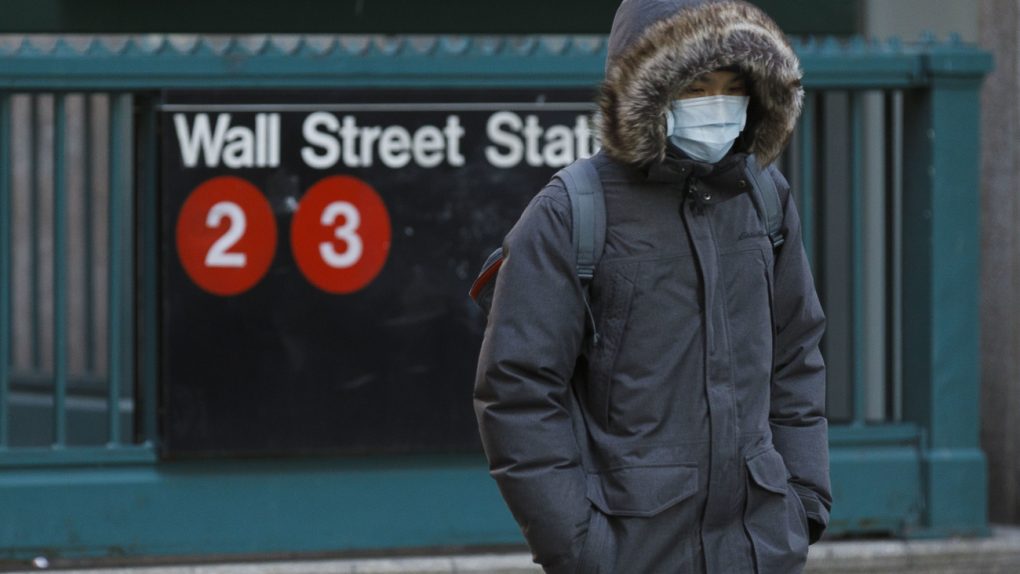- The FDA just approved a brand new test for the novel coronavirus which could speed up the return to normal life.
- The test looks for antibodies in the bloodstream of a COVID-19 survivor, which could prove that person is immune to the virus and could avoid social distancing restrictions.
- However, the science is still uncertain, and it’s not clear how long COVID-19 immunity will last without a vaccine.
- Visit BGR’s homepage for more stories.
Staying indoors is the only thing that can reduce the spread of the novel coronavirus. The longer we avoid others, the less likely we are to get COVID-19. We already know the virus is highly contagious, with research showing that presymptomatic patients can also transmit the infection. Not to mention there may be some rare cases out there where the pathogen remains highly active for several weeks — the current record is at 49 days.
As we stay inside, we’re also helping physicians and first responders. Some countries have been overwhelmed by the number of patients they’ve had to treat in a short period of time, and various communities will continue to experience this harsh reality for a while longer. But life will return to “normal” eventually. Even then, we’ll run the risk of more outbreaks. Eradicating the virus is only possible with a targeted cure, like a vaccine. Before that, we’ll need a different COVID-19 test than the one being offered today. And the FDA just approved the first such test.
COVID-19 testing is in tight supply around the world, and you won’t get tested in many places unless you are experiencing serious symptoms. Countries like Singapore, South Korea, Germany, and Iceland stand out for ramping up testing campaigns to defeat the disease.
South Korea has been able to flatten the curve significantly by using testing for contact tracing and isolating confirmed cases. Germany, on the other hand, used testing to detect the disease early. With nearly 85,000 cases, Germany has the fourth-largest population of COVID-19 patients, following the US, Italy, and Spain. But its COVID-19 screening procedures have helped it reduce the mortality rate.
We’ve explained before that going forward, the world will need a second type of COVID-19 test, one that can tell you if you’ve had the disease. Early COVID-19 immunity research shows promise. Patients who recover are likely to resist a second infection and aren’t expected to spread the illness. That’s why testing antibodies, tiny particles that prove the immune system successfully fought off SARS-CoV-2, will be critical in the coming months.
If immunity is long-lasting, as some believe, or can get us through to next year when the first vaccines will arrive, COVID-19 survivors will be able to resume their daily lives. They’ll be able to go out, return to their jobs in public places, and visit loved ones. The risk of being infected or infecting others will be significantly reduced, and new outbreaks could be avoided.
JUST IN: @US_FDA announces approval of #COVID19 antibody test in @CBSNewsRadio interview. pic.twitter.com/zvWINTn3lK
— Steven Portnoy (@stevenportnoy) April 2, 2020
The FDA just authorized the first antibody-based test for COVID-19. The blood test is made by biotechnology company Cellex and has to be done in a specialized lab. But results can be delivered in 15 to 20 minutes.
Healthcare workers, first responders, and other essential workers may be the first to be tested for antibodies to determine the risk of a novel COVID-19 outbreak. In the future, more people should be able to get similar tests. Let’s not forget that not all people who recover from COVID-19 will be tested. Some of them might never experience any symptoms, and they’ll never know they got the disease without having their immunity tested.
The US isn’t the only country looking at COVID-19 immunity testing for the future. German researchers are looking at deploying “immunity passports” for those people who had the disease so they can return to work faster than others. This would be a way to speed up the recovery of communities and reduce local restrictions. Per The Guardian, Germany will conduct a study on some 100,000 volunteers in mid-April to check for antibodies. The test would then be repeated on a larger sample of the population to track the actual progress of the pandemic.
“Those who are immune could be issued with a kind of vaccination pass that would, for example, allow them to exempted from restrictions on their activity,” said Gerard Krause, head of epidemiology at the Helmholtz Centre for Infection Research in Braunschweig. That’s only a proposal, and the German government has yet to issue any formal guidelines.
The UK government, once of a proponent of COVID-19 herd immunity, has plans to issue “immunity passports” in the future. “We are looking at an immunity certificate,” UK Health Secretary Matt Hancock said on Thursday. “People who have had the disease have got the antibodies and then have immunity can show that and therefore get back as much as possible to normal life.”
He conceded that “it is too early in the science” to know for sure. The UK ordered millions of antibody tests, but they have proven ineffective, so the government hasn’t approved them for use. “But we hope the later tests we have got are reliable enough for people to be confident in using,” the official said.








